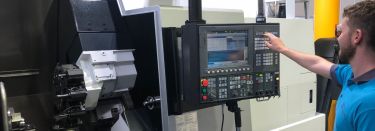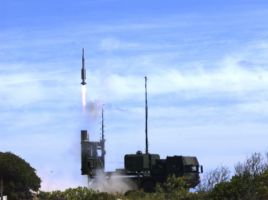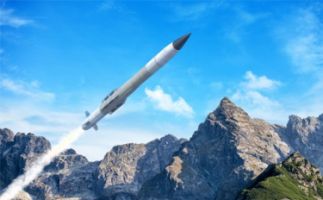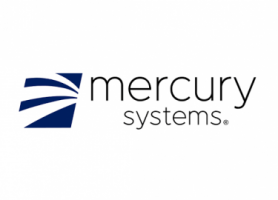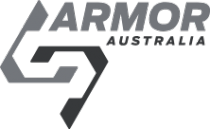RUAG Australia unveils new capability for its accredited surface finishing facility for high-specification / high-standard delivery to aerospace and defense programs

11.07.2019 RUAG MRO International, RUAG Australia Media release
RUAG Australia inaugurates its new, state-of-the art paint booth facility at its Wingfield, South Australia, Surface Finishing Centre. A new capability, the high standard paint booth offers reliable, durable and...
Specifically designed in consultation with leading industry specialist, Lowbake, and approved by aerospace and defense global supply chain industry partners, the new aerospace and defence paint booth expands and upgrades the capabilities available at the Wingfield Surface Finishing Centre. Enhanced processes and integrated capabilities include masking, value-add workshop, paint booth, drying facility, and non-destructive testing (NDT). The full high-specification / high-standard facility is engineered to ensure faster, high-precision finishing solutions for the application of aerospace paints, including waterborne epoxy and polyurethane, and fuel tank coatings, with improved and defined curing efficiency. The facility also features additional capabilities for curing fuel cell coatings.
“We understand the customer’s need for fast turnaround times, conformity, affordability and reliability. This new surface finishing facility allows us to meet the rapidly increasing demand to support both industry diversification as well as our participation in highly demanding programs, such as the F35,” states Terry Miles, General Manager, RUAG Australia. “Specifically designed to solidify our strong position within the industry for aerospace surface finishing, the accredited Wingfield Surface Finishing Centre is also a second source service-provider, providing the Australian Defence and aerospace industry with the necessary alternative supply chain solution for surface finishing,” adds Terry Miles.
The fully automated processing line ensures prompt processing times, especially as it allows the finishing process to operate in all ambient weather conditions. Features of the paint and curing complex include a minimal contamination design, 10 micron minimum inlet filtration, full downdraught configuration and 1200 lux light, a minimum part surface requirement. The new surface finishing ovens are capable of controlling temperature and humidity, to conform with stringent F35 requirements, of operating between 40-64°C at 20 ±5%, and of maintaining temperature uniformity at ±5°C for extended periods of up to 36 hours.
“The needs and demands of the aerospace industry are evolving as technology becomes more advanced and we have a strong drive to keep pace with these advancements. The creation of the Surface Finishing facilities, now with value-add workshop and fuel-cell capability, is proof of how we responded to our customers’ needs with services that support their requirements more effectively, reliably and in a sustainable manner,” confirms Stephan Jezler, Vice President Aviation International, RUAG MRO International.
RUAG MRO International is an independent supplier, support provider and integrator of systems and components for civil and military aviation worldwide. It also develops and supports simulation and training systems and solutions for international trained security forces.
Highly specialized in the support of aircraft and helicopters throughout their entire life cycle, the company includes maintenance, repair and overhaul services, upgrades, and the development, manufacture and integration of subsystems and components in their service portfolio.
In addition, as the manufacturer (OEM) of the Dornier 228, a versatile aircraft for special missions as well as passenger and cargo operations, RUAG focuses on customer support solutions, including OEM services.
Moreover, RUAG MRO International is a developer, OEM and system support provider for simulation and training systems technology for live, virtual and constructive (LVC) training. Complex and flexible functions, and a holistic approach, support realistic training scenarios, adapted to mission goals, at individual, team and unit instruction levels.

